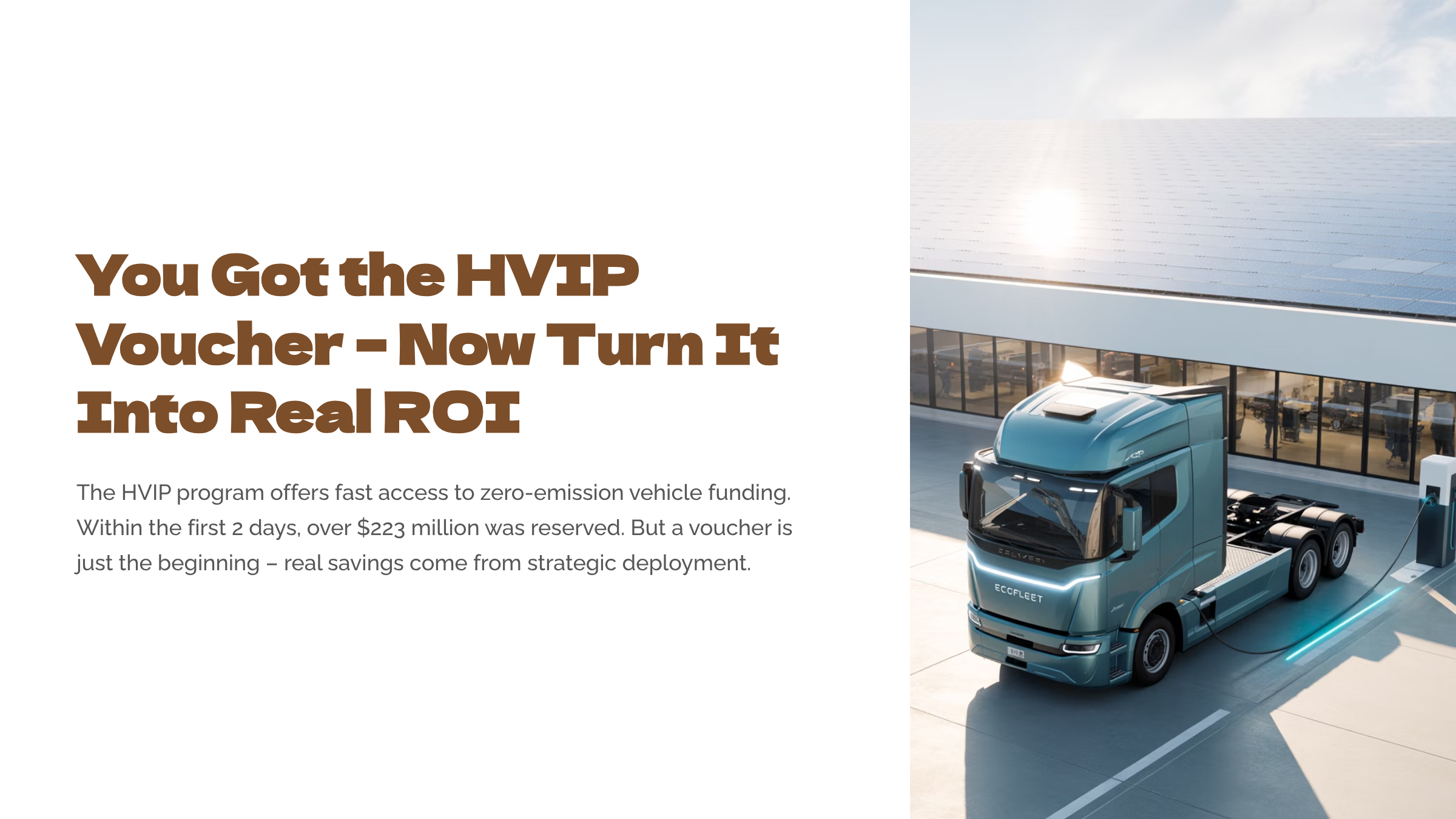
Frito-Lay NorthAmerica, a division of PepsiCo, has taken a bold step toward sustainable logistics by deploying 25 Ford E-Transit electric vans at its Manteca,California distribution center. This move is part of PepsiCo’s broader sustainability commitment to achieve net-zero emissions by 2040 and reduce absolute greenhouse gas emissions by more than 40% by 2030, including a 75%reduction from direct operations.
The Manteca Electric Van Fleet: Project Overview
The Manteca site, a major regional distribution hub, was selected as one of PepsiCo’s nationwide pilot locations for the Ford E-Transit van. The deployment was carefully planned, starting with route analysis to ensure the electric vans could meet operational needs. With 91% of daily routes under 95 miles, the E-Transits—boasting an EPA-estimated range of 126 miles—were well-suited for the job, eliminating the need for off-site or en-route charging.
Frito-Lay partnered with Pacific Gas and Electric Company (PG&E) through the EV Fleet Program,which provided infrastructure incentives, charger rebates, and business EV rates that could save over $19,000 per year in charging costs for similaroperations1. The company also retrofitted 16 existing Level 2 chargers and installed 30 new 19.2kW Level 2 and one 120 kW DC fast charger, ensuring seamless integration and flexibility as the fleet expanded.
Financial Impact: Projected Gains from Electrification
Drawing on financial data from local courier industry analyses of Ford E-Transit operations, Frito-Lay’s transition offers several notable financial advantages:
• Fuel Savings: The Ford E-Transit’s electricity cost per mile is significantly lower than diesel or gasoline equivalents. With average electricity rates for commercial fleets in California around $0.21/kWh—and effective rates as low as$0.06/kWh after Low Carbon Fuel Standard (LCFS) credits—annual fueling costs for each van can be under $1,100. This represents a 45% reduction compared to the $0.38/mile fueling cost for a comparable diesel van.
• Maintenance Savings: Electric vans have far fewer moving parts than internal combustion vehicles, resulting in lower maintenance costs. Industry data and Frito-Lay’s own experience with other electric vehicles suggest annual maintenance costs can be 30–50% lower than diesel vans, with fewer breakdowns and less downtime.
• Incentives and Infrastructure Support: Through California’s EV Fleet Program and other state incentives, Frito-Lay reduced upfront infrastructure and vehicle costs.These incentives, combined with lower operating expenses, mean the return on investment for the E-Transit fleet is projected within five to seven years—well within the typical fleet replacement cycle.
Environmental and Operational Benefits
• Emissions Reduction: The Manteca site achieved a 91% reduction in direct fleet greenhousegas emissions after electrification, a major step toward PepsiCo’s climategoals.
• Driver and Operational Acceptance: Early deployment included extensive driver training and real-world route testing, ensuring the vans met performance expectations and drivers felt confident with the new technology.
• Scalability: The project’s success in Manteca provides a replicable model for other Frito-Lay and PepsiCo locations, demonstrating that electric vans can reliably handle last-mile delivery with meaningful financial and environmental returns.
Lessons for Fleets
Frito-Lay’s experience highlights several key strategies for successful fleetelectrification:
• Collaborate early with utilities and infrastructurepartners to secure incentives and right-size charging networks.
• Analyze routes to ensure vehicle range matches daily dutycycles.
• Invest in driver training and change management to support adoption.
• Take advantage of available state and utility incentives to offset upfront costs.
Conclusion
The deployment of 25 Ford E-Transit vans at Frito-Lay’s Manteca facility marks a significant milestone in the company’s journey toward zero-emission logistics. By leveraging state incentives,advanced infrastructure, and careful operational planning, Frito-Lay is not only reducing its carbon footprint but also realizing substantial cost savings,setting a precedent for sustainable last-mile delivery in the food and beverage industry.



